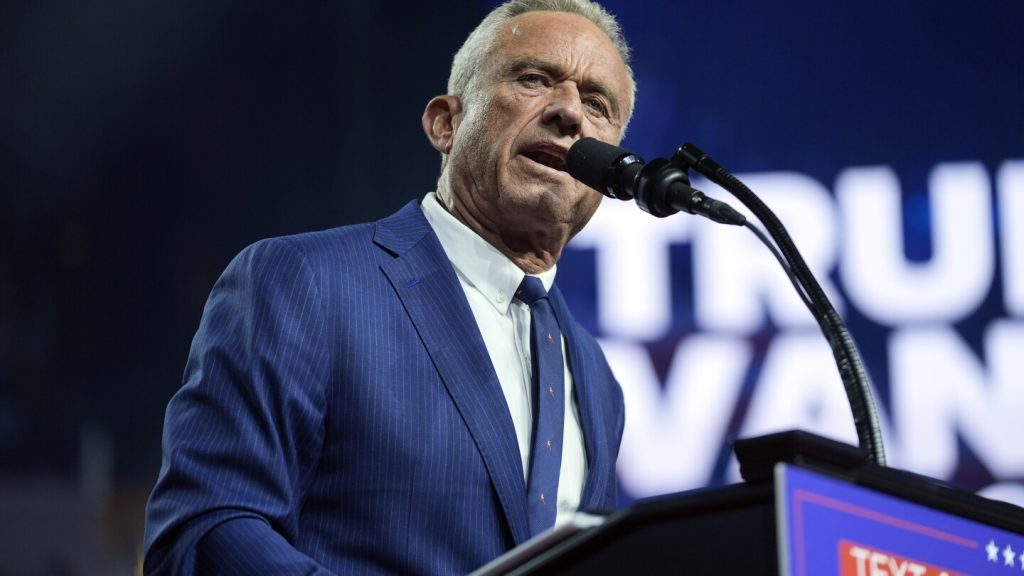Kennedy filed a lawsuit in Wisconsin to have his name removed from the battleground state’s presidential ballot after he suspended his campaign in August and endorsed Republican candidate Donald Trump. He had also filed a lawsuit in Michigan, but a judge ruled that he must remain on the ballot. Kennedy argued that third-party candidates are discriminated against in Wisconsin because state law treats Republicans and Democrats running for president differently. The state law does not allow independent candidates like Kennedy to withdraw from the ballot after submitting nomination papers, unless they die.
The Wisconsin Elections Commission voted 5-1 last week to approve Kennedy’s name for the ballot, citing the state law that does not provide a way for independent presidential candidates to remove themselves from the ballot after submitting nomination papers. Kennedy is one of eight presidential candidates on the ballot in Wisconsin, and the presence of independent and third-party candidates could play a key role in the state where past elections have been decided by narrow margins. In 2016, Green Party nominee Jill Stein received over 31,000 votes in Wisconsin, more than Trump’s winning margin of just under 23,000 votes, leading some Democrats to blame her for Trump’s victory in the state and the presidency.
Kennedy is seeking to have the elections commission barred from putting his name on the ballot and wants the court to put the commission’s vote on the matter on hold. The lawsuit is still pending, and a spokesperson for the Wisconsin Elections Commission has not yet commented on the matter. Kennedy’s attempt to have his name removed from battleground states where he is unlikely to sway the outcome of the election while telling his supporters to back him in other states where his candidacy may have a greater impact.
The presence of independent and third-party candidates on the ballot in Wisconsin could impact the outcome of the presidential election in the state. With past elections being decided by narrow margins, every vote is crucial in determining the winner. Kennedy’s lawsuit highlights the challenges faced by third-party candidates in navigating state election laws that may favor traditional party nominees. The outcome of the lawsuit will determine whether Kennedy’s name will appear on the Wisconsin ballot or if he will be removed, potentially affecting the dynamics of the presidential race in the state.
As the legal battle over Kennedy’s presence on the Wisconsin ballot continues, the issue of third-party candidate discrimination and the impact of independent candidates on election outcomes remain at the forefront. The lawsuit underscores the complexities of state election laws and the challenges faced by candidates outside of the two major parties. With the upcoming election drawing closer, the court’s decision on Kennedy’s case will have significant implications for the presidential race in Wisconsin and could potentially shape the overall outcome of the election in the state.


